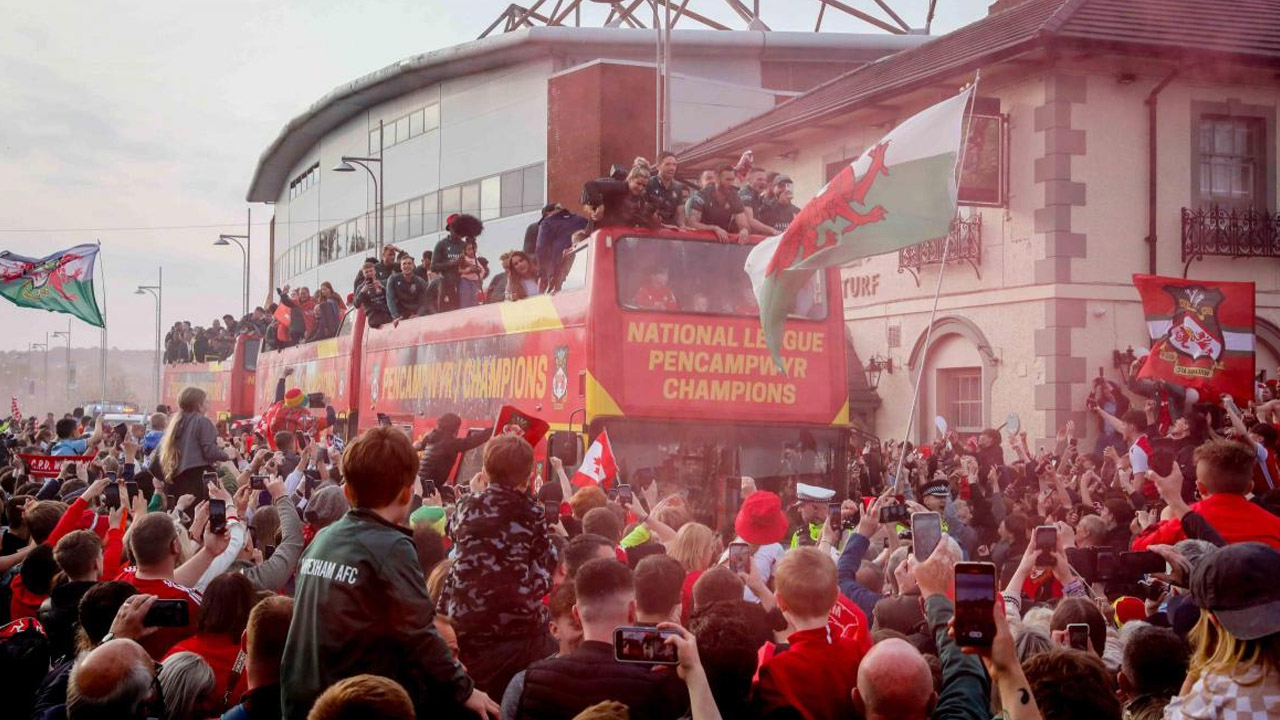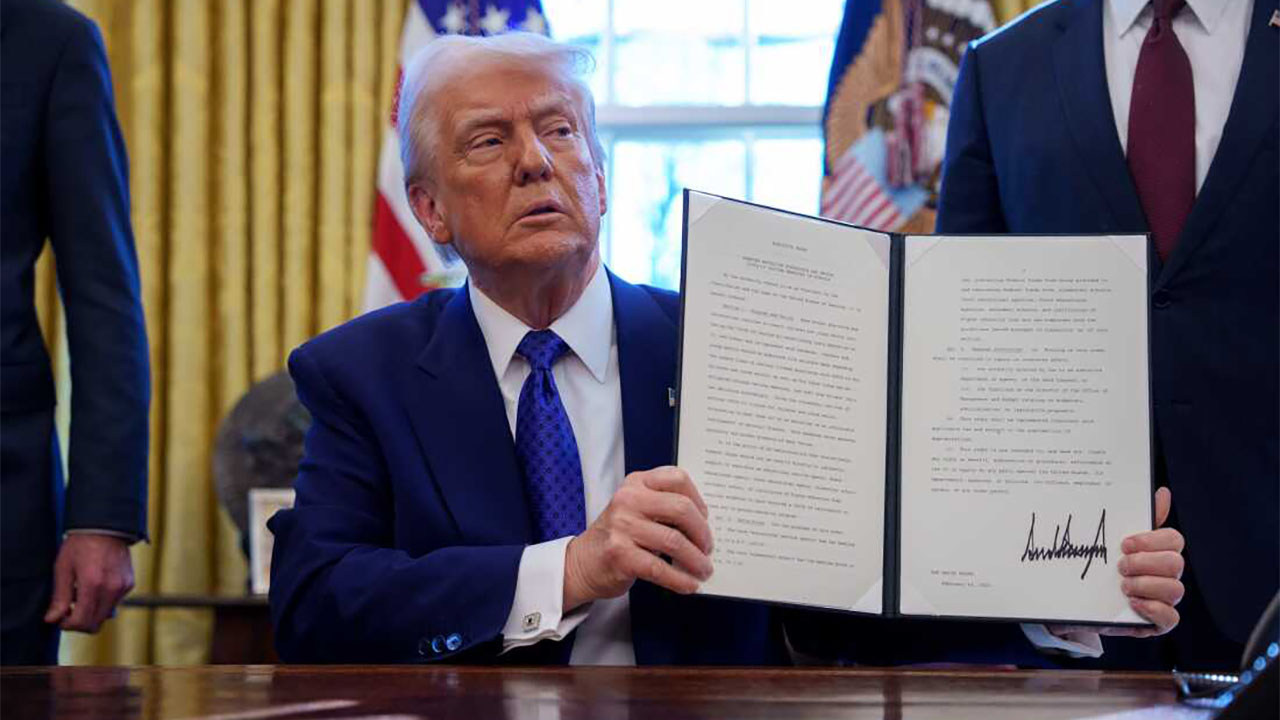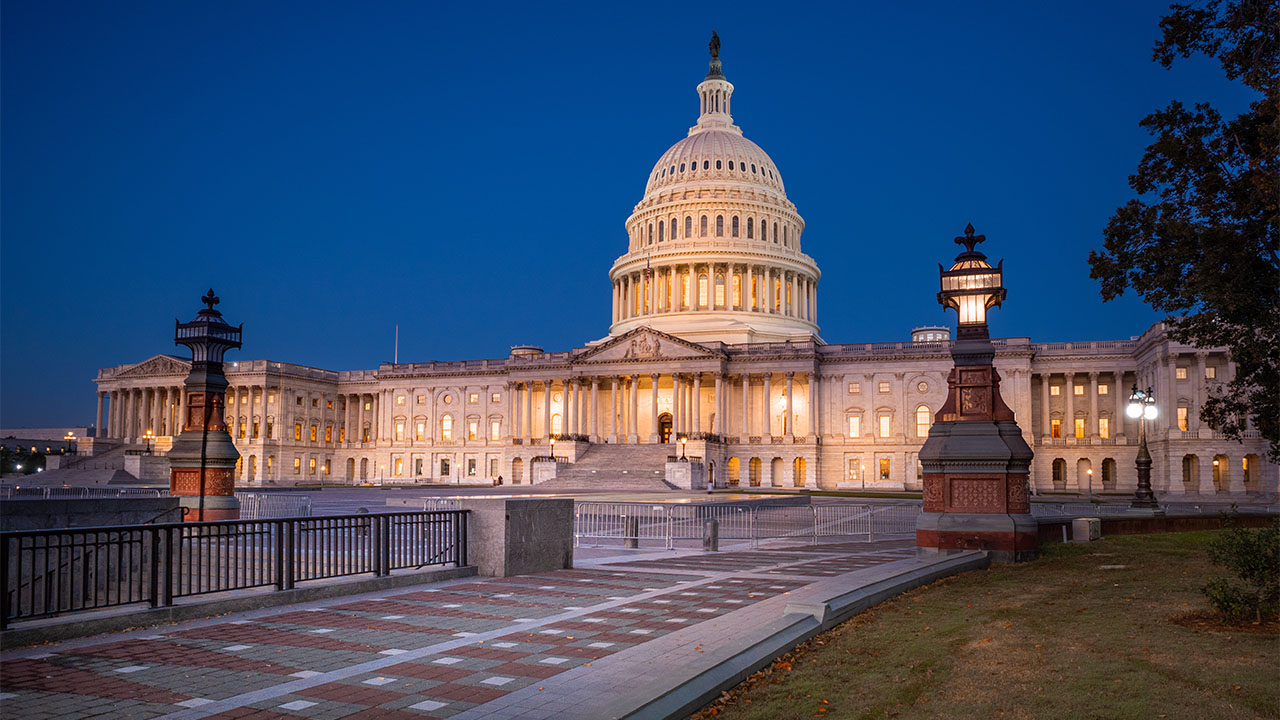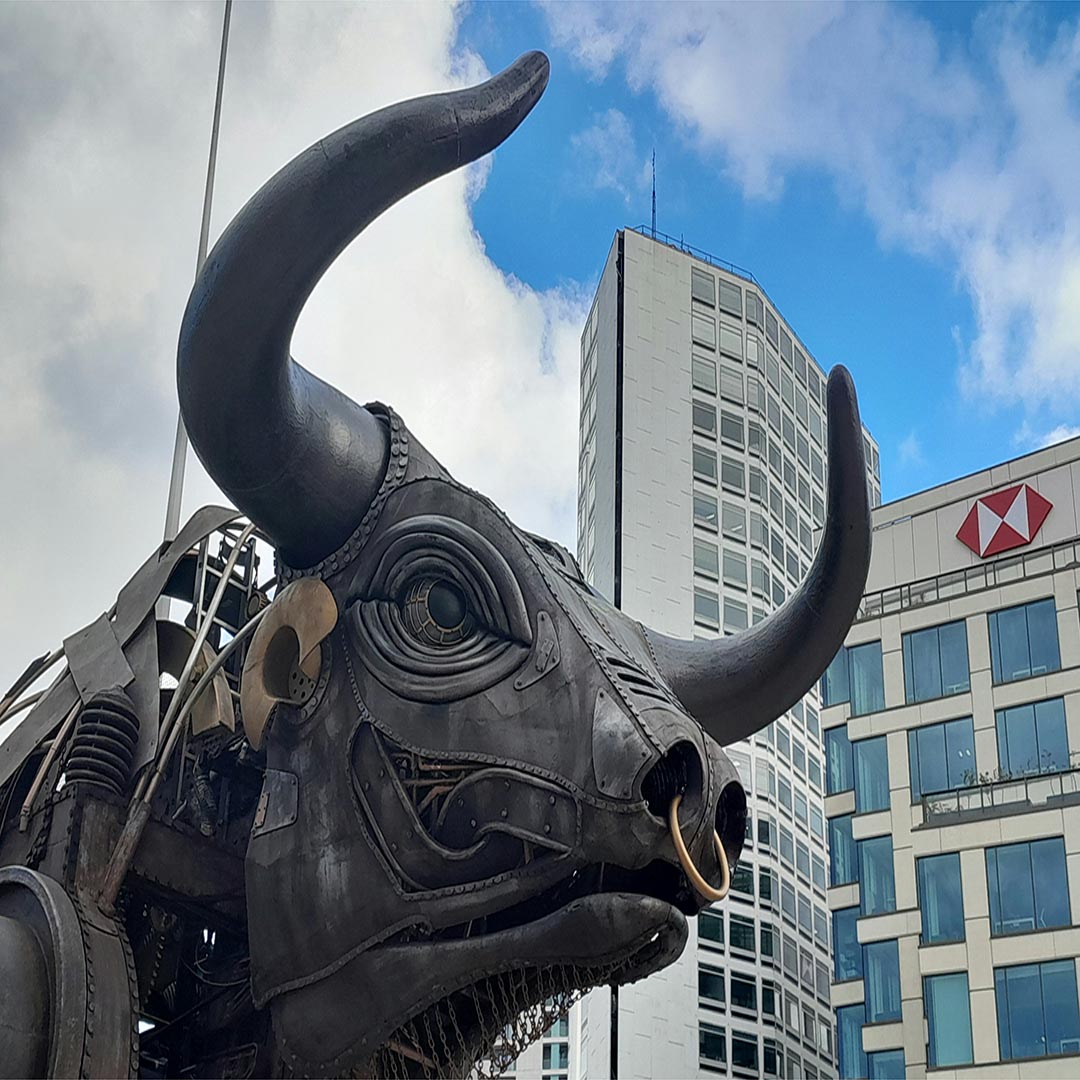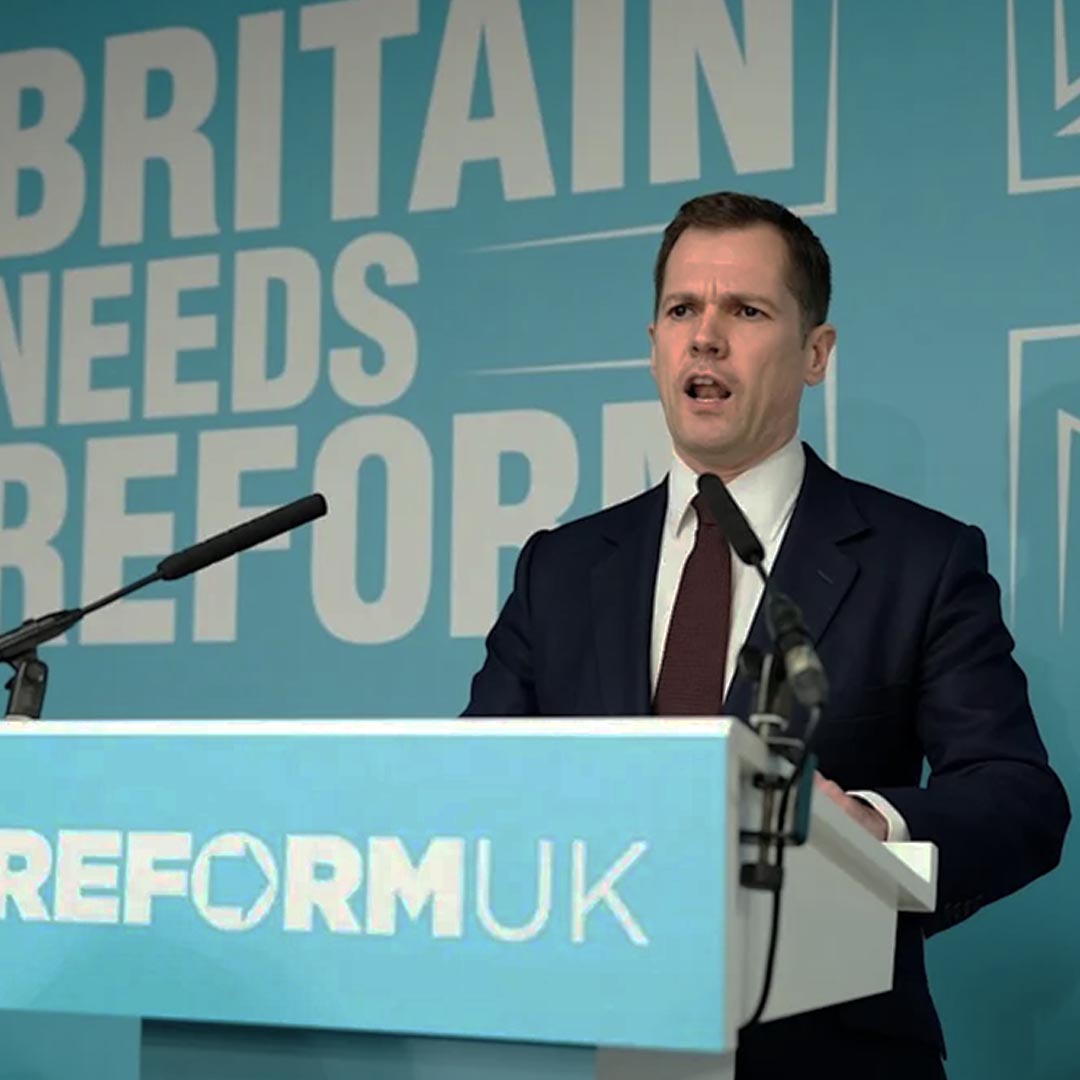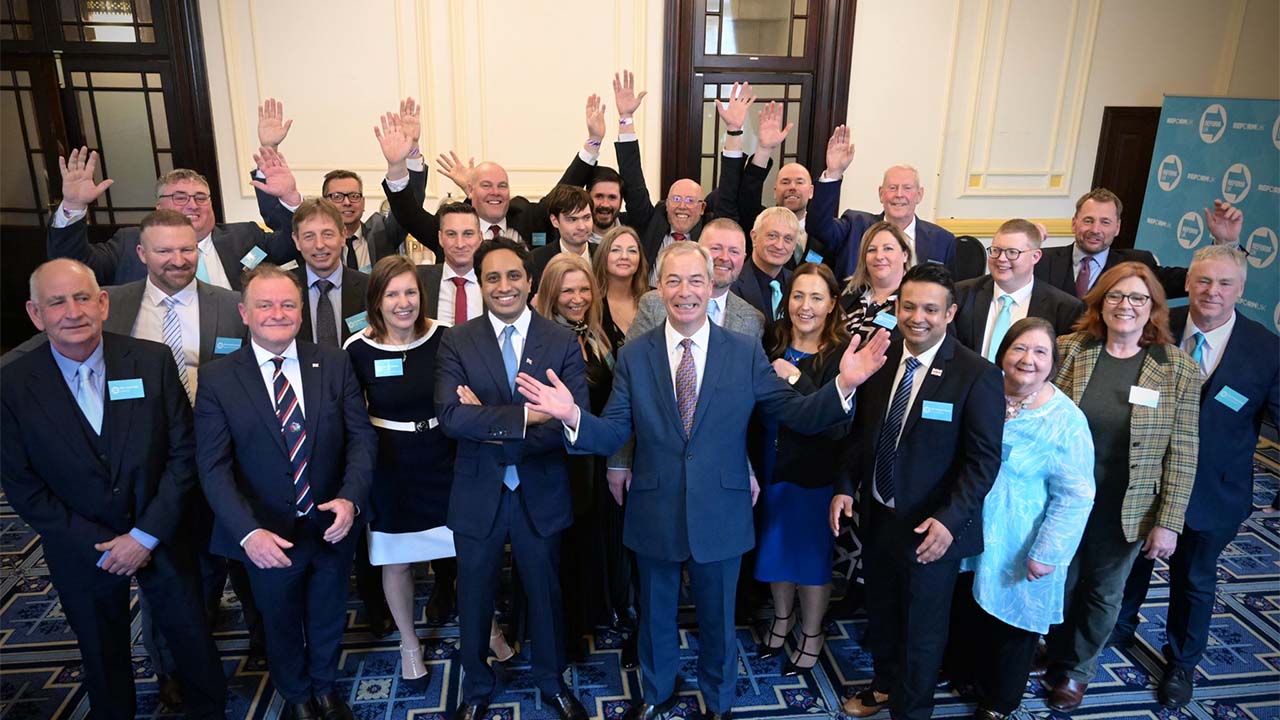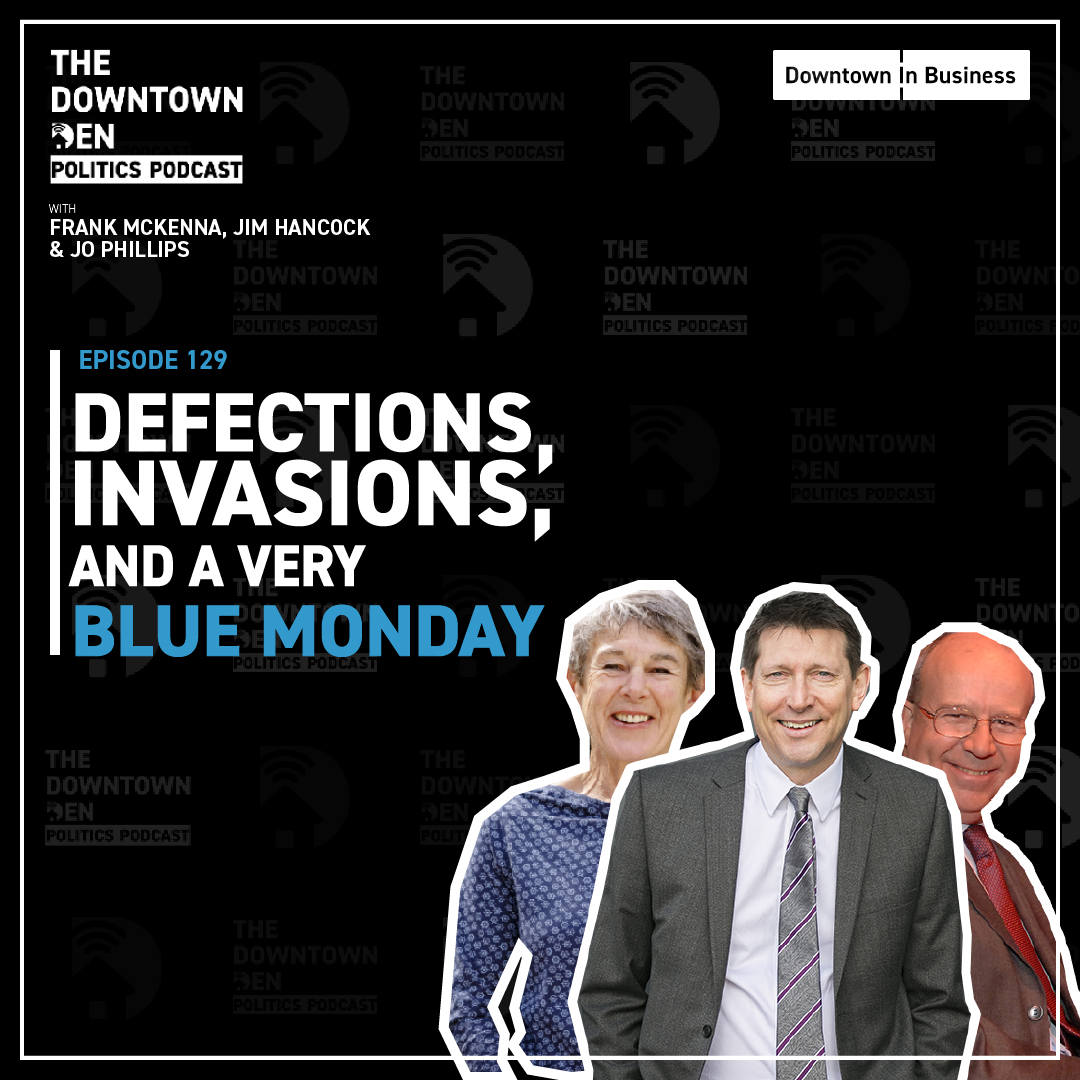For me, when Sport, Media and Business collide, life gets exciting.
Nowhere is that more evident than here in the US, and increasingly our sports business expertise and entrepreneurism are being exported globally, including to some pretty-unexpected places.
The story of Ryan Reynolds and Rob McElhenney’s purchase of Wrexham FC and their subsequent promotion back into the English Football League pyramid is well told.
For a relatively meagre £2.5million, the Hollywood duo bought a narrative, ran with it in a cable TV docu-series, and potentially are on the cusp of doing something nobody has achieved before: Make Americans look forward to Division Two football.
Inevitably, the hype will start to dissipate next season – Wrexham may struggle to be at the top of the league, the financial scrutiny will heighten and the largesse the actors have thrown at the club will have to be curtailed a little.
But, what their jaunt into the North Wales countryside has revealed is, there are still opportunities out there for businesses, media, leagues and clubs to grow in this global, highly financed, media-soaked sports market.
NFL superstar JJ Watt and his US soccer-star wife Kealia have, in the last couple of days, bought a slice of Burnley FC and, undoubtedly, are planning to make the Lancastrian home of the loom and mill engine the next Wrexham.
With the advantage of Premier League TV coverage worldwide, they may just succeed.
Last week, the other football conducted its draft. This is the process by which the worst performing team in the National Football League (NFL) – step forward the Carolina Panthers – get to pick the best of the college football and tradeable players available.
What once started as a gathering of coaches and college footballers in a dimly lit room in the basement of an airport Marriott, is now a multi-day, national touring, live broadcasting event with an estimated TV audience of 55million to which 300,000 fans turned up in person for the event in Kansas City, home of The Chiefs the reigning Superbowl Champs, and, consequently, the last team to get a pick.
British football has tried to create the same excitement with the transfer windows, and Deadline Day TV coverage has even made a national celebrity of window-rolled-down, car park-exiting, Harry Redknapp.
But NFL holds better cards, largely because the players are on central contracts held by the league not the clubs. Therefore, if they want to be a superstar, the players go where they are told.
In principle, a player can refuse to go, as I might if ‘drafted’ by a certain team across the park, but that means withdrawing from the process and sacrificing a year’s mega pay, or engineering a private trade to another – any other – club of your liking which probably won’t be on such favourable terms.
99.9% of the draftees sign up to the program, knowing that the top ten picks – the best new footballers – are likely to be heading to a team which didn’t perform too well in the previous season. That is the purpose of the draft, to rebalance the league.
Imagine this in British Football terms. The promoted clubs get to choose the players from an agreed available list of U20 footballers which the Premier League holds. The aforementioned Burnley and Sheff Utd are looking forward to welcoming Jude Bellingham and Ansu Fati, while Man City and Arsenal must wait to see who is available after each round of the draft.
It’s a marked departure from where we are today, with the richest clubs dominating the transfer market and the smaller clubs left trapped in the yo-yo positions of relegation and promotion hopefuls, having to grow their own talent over several years and hope it isn’t poached by some ruble, riyal or dollar-rich suitor.
Could the Premier League ever comprehend such a move?
Probably not. The current system sees the English top-flight clubs spend unheralded amounts of money and a host of interests are undoubtedly vested in that. To put the scale of EPL clubs spend in context, in 2023 they spent a total of £800m – never mind Chelsea, Man City and Tottenham’s splurging – Bournemouth spent more than the entire Italian Serie A.
While a sold-out Vitality Stadium contributes, it is TV money which funds this spend.
And TV needs advertisers and global eyeballs and subscribers. They are hungry for content, beyond the 90 minutes of action on a Saturday afternoon. and, like us viewers, are hunting for anything which breaks the repeat-snooze cycle of ex-pros in exotic suits in studios chundering platitudes.
And with social media now reaching even bigger audiences than TV could ever imagine, the system is surely due a shakedown – and that means the current money may dwindle, dry-up or even disappear.
As a warning that the seller and buyer are now valuing the product differently, FIFA have this week let it be known they don’t think the TV broadcasters are offering enough for the rights to the Women’s World Cup. However, in my opinion, it is the number crunchers in the global TV companies who probably have a more realistic idea of what the true commercial value of that competition is, rather than the dollar hungry suits at Football HQ.
Any product is only worth what someone is willing to pay.
Today, the Premier League has it all. Promotion, Relegation, Star Name Players, Huge Club Brands and Global Broadcast reach.
Other leagues and sports look enviously on and will need to be more innovative if they are to compete.
LIV has tried with golf but that seems to be struggling to capture the enthusiasts’ attention.
More successfully, Indian Premier League cricket has bought into new global cricket league structures, including U.S. Major League Cricket whose inaugural T-20 season is scheduled for our screens this Summer.
This not only allows one of the world’s favourite sports to enter the US market, it helps IPL clubs sign the best players to compete in year round games for IPL, Major League Cricket, Aussie Big Bash franchises. A move which has spooked the old boys in the MCC and County Cricket associations.
Around the world, in the wealthy, sports mad Middle East, sophisticated Japan, and growing global economic and demographic powerhouses India and China – the best minds in Sports, Media and Business are plotting their course of action.
And, of course, the best US agencies and consultants are there to advise.
Here are seven of the big ideas they are discussing:
- Closed leagues like the NFL provide greater value, surety and reduced risk for the clubs but miss out on the jeopardy and intensity of promotion and relegation.
- Central contracts are a much more palatable concept for emerging leagues and, compared to the Euro leagues where realistically only two or three sides compete, help make tournaments more competitive over the long term.
- Multi-league franchises – City Football Group, 777 Venture Capital, Redbird Capital, Qatari Sports Investment, etc are amongst the big businesses already owning a global stable of teams and clubs, and others are looking to follow.
- Clubs are investing in building their brands to help them create fan engagement strategies with billions of supporters, based tens of thousands of miles away, rather than just the traditional match-going season ticket holder.
- Inter-league fixtures like UEFA’s Champions League are becoming more valuable so cooperation across Asia, South America and Africa’s football and sporting communities may see competitor competitions emerge.
- Household brands, national airlines, financial services firms are flocking to align with star players, clubs and sports which connect them at an emotional level to their customers, communities, and employees, and
- Leagues are setting up their own broadcast businesses, owning Over The Top – OTT – streaming services providing direct to viewer content and in return owning that powerful revenue generator themselves.
Sport is big business.
It drives economic growth and regeneration. It is responsible for place making – bidding for global tournaments is a billion-dollar affair – and it helps nations rebuild or establish their reputation.
Can the Premier League and its big spending, loss-making, financially-at-risk clubs really afford to stand still?


